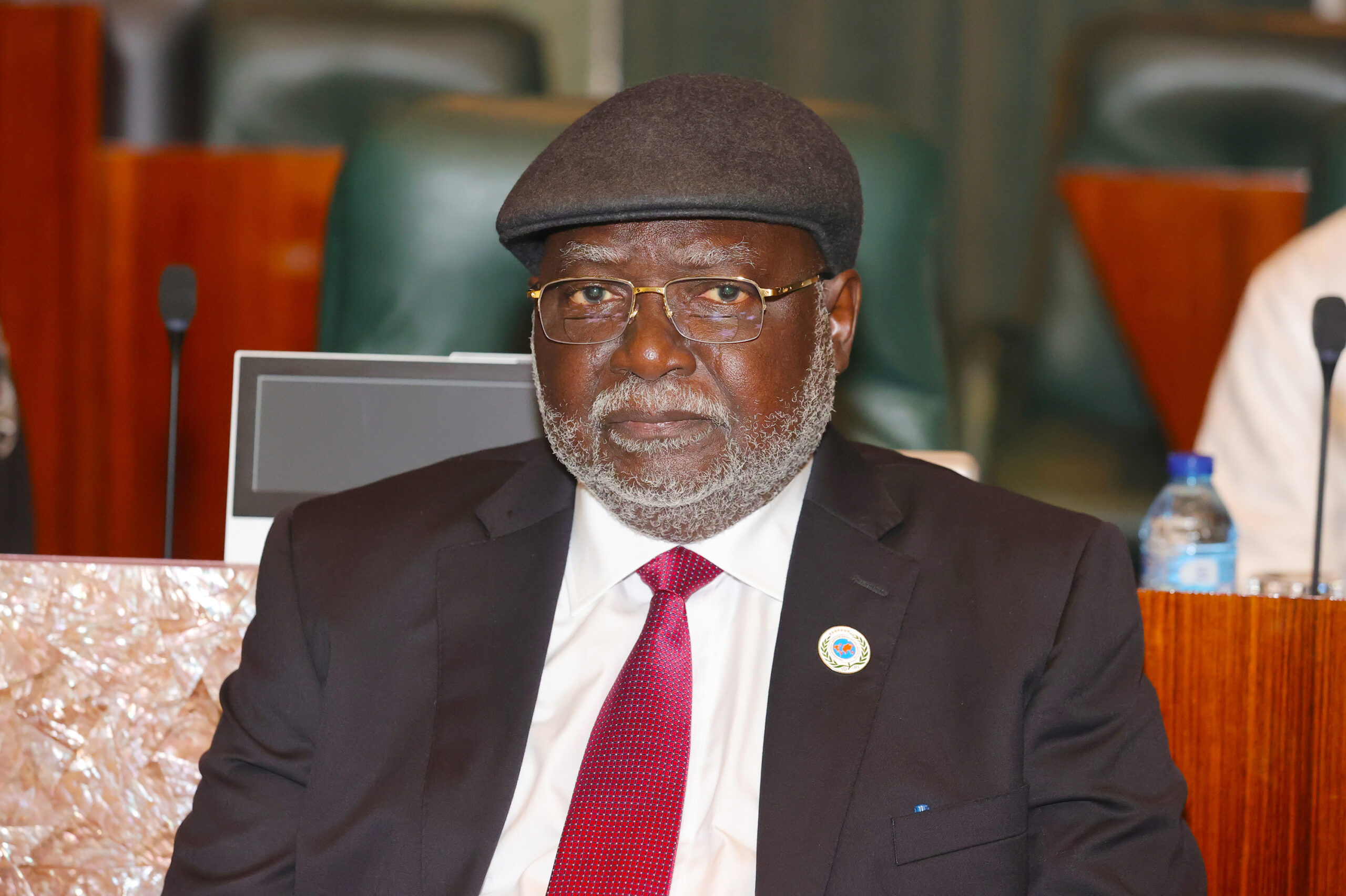Experts call for unbundling of CJN’s office
Legal experts have risen from deliberations on the progress of the Nigerian judiciary with a call for the unbundling of the office of the Chief Justice of Nigeria (CJN). The communique was arrived at the end of the conference organised by the TAP Initiative in conjunction with the Open Society Foundation with the topic: “Impact […]

Chief Justice of Nigeria (CJN), Justice Olukayode Ariwoola
Legal experts have risen from deliberations on the progress of the Nigerian judiciary with a call for the unbundling of the office of the Chief Justice of Nigeria (CJN).
The communique was arrived at the end of the conference organised by the TAP Initiative in conjunction with the Open Society Foundation with the topic: “Impact of Judicial Accountability on Public Trust in the Legal System.”
In a communique signed by Jibrin Okutepa, Adamson Adeboro, both Senior Advocates of Nigeria and Mbasekei Martin Obono, Esq and Victoria Benson, said the unbundling should be on CJN’s chairmanship of the National Judicial Council, Federal Judicial Service Commission, National Judicial Institute and Legal Practitioners Privileges Committee.
The conference recommends that these conversations continue, that all Nigerians will make their voice heard and the judiciary would listen and not take the calls for accountability as a challenge to its authority but rather an opportunity to win public trust again.
Questions Lagos police command needs to answer on boys remanded for playing ludo
Shettima launches MSME clinics, hands over 200 stores to Ogun traders
The conference also recommended the strengthening of the integrity requirement for the appointment of judges and make it more transparent.
The conference also recommended the strengthening of the NJC to hold judicial officers accountable, that the code of ethics for judicial officers by the NJC needs no review but proper political will by the CJN to investigate and sanction erring judicial officers.
“The participants and discussants suggested that the conference should be made periodic to review the state of accountability in Nigeria’s judiciary,” the communique read.
